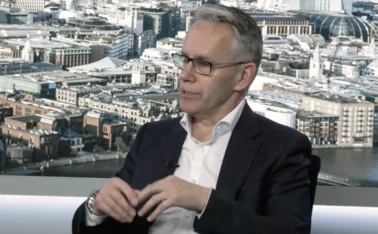
Blog: Thinking creatively to tackle rising inflation and commercial insurance fraud

Spiralling inflation is causing widespread financial difficulties for businesses across the country that face many of the same challenges as consumers: rising costs, soaring bills and eroding buying power. Sara Costantini, managing director at CRIF UK & Ireland, explores how this crisis is not only being felt in the UK, but is also transcending Europe.
Sara CostantiniEurozone inflation is continuing to soar to record highs, with the latest estimate from the European Union’s statistics body predicting an annual
Only users who have a paid subscription or are part of a corporate subscription are able to print or copy content.
To access these options, along with all other subscription benefits, please contact info@postonline.co.uk or view our subscription options here: https://subscriptions.postonline.co.uk/subscribe
You are currently unable to print this content. Please contact info@postonline.co.uk to find out more.
You are currently unable to copy this content. Please contact info@postonline.co.uk to find out more.
Copyright Infopro Digital Limited. All rights reserved.
As outlined in our terms and conditions, https://www.infopro-digital.com/terms-and-conditions/subscriptions/ (point 2.4), printing is limited to a single copy.
If you would like to purchase additional rights please email info@postonline.co.uk
Copyright Infopro Digital Limited. All rights reserved.
You may share this content using our article tools. As outlined in our terms and conditions, https://www.infopro-digital.com/terms-and-conditions/subscriptions/ (clause 2.4), an Authorised User may only make one copy of the materials for their own personal use. You must also comply with the restrictions in clause 2.5.
If you would like to purchase additional rights please email info@postonline.co.uk








